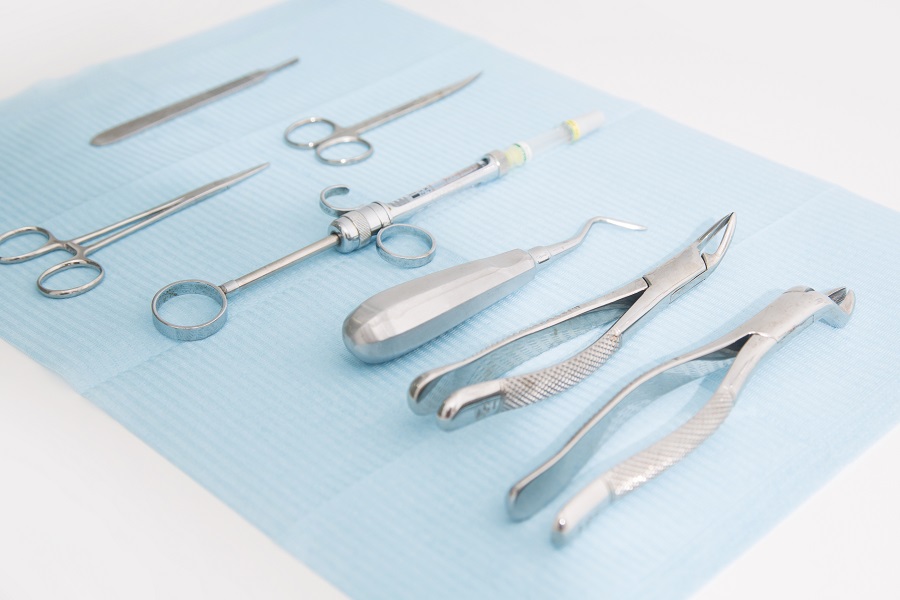Tooth extractions are a common dental procedure that many people may undergo at some point in their lives. Although the thought of having a tooth pulled can be daunting, the process is typically quick. With the right care and recovery process, the discomfort is minimal.
Why are Tooth Extractions Performed?
One of the most common reasons for tooth extraction is wisdom teeth. These molars are the last permanent teeth to emerge in the mouth and typically develop between the ages of 17 and 25. However, when wisdom teeth grow in, they can cause issues such as tooth damage, mouth crowding, jaw damage, and cavities. In such cases, it is necessary to remove these teeth to prevent any further complications.
In addition to wisdom teeth, some other reasons why tooth extraction may be necessary include:
- Infection or the risk of infection: If a tooth is infected or at risk of infection, it may need to be removed to prevent the spread of bacteria and protect the surrounding teeth.
- Gum disease: If a tooth is affected by severe gum disease, it may be necessary to extract it to prevent further damage to the gums and surrounding teeth.
- Tooth damage: If a tooth is damaged beyond repair due to injury or decay, it may need to be extracted to avoid further complications.
Types of Tooth Extraction
There are two types of tooth extractions: simple and surgical. A simple extraction is performed when the tooth is visible and can be easily removed using forceps. In contrast, a surgical extraction is necessary when the tooth hasn’t erupted or has broken under the gumline. In such cases, the dentist may need to make an incision in the gum to remove the tooth.
Before the procedure, your dentist will give you instructions to ensure that the extraction is as safe and comfortable as possible. This may include arranging for someone to drive you home after the procedure. You may need to avoid food and drinks for a specified period. You will want to follow any other instructions that your dentist may give you.
During the procedure, your dentist will use local anesthesia to numb the area around the tooth to minimize any discomfort or pain. If you are anxious or nervous about the procedure, your dentist may also offer sedation options to help you relax.
Recovery: What to Expect
After the extraction, your dentist will give you specific instructions to follow to promote healing and minimize discomfort. This may include:
- Resting for a day or two and avoiding strenuous activity to allow the body to heal.
- Rinsing your mouth gently with warm salt water to prevent infection and promote healing.
- Taking prescribed medication to manage pain and reduce inflammation.
- Consuming only soft foods and liquids for a few days to allow the extraction site to heal properly.
In conclusion, tooth extraction is a common dental procedure that may be necessary for various reasons, including wisdom teeth, infection, gum disease, or tooth damage. However, with proper preparation, the right care, and following the instructions of your dentist, the procedure is typically quick and easy to recover from. If you think you may require a tooth extraction, reach out to your dentist for guidance and support.
